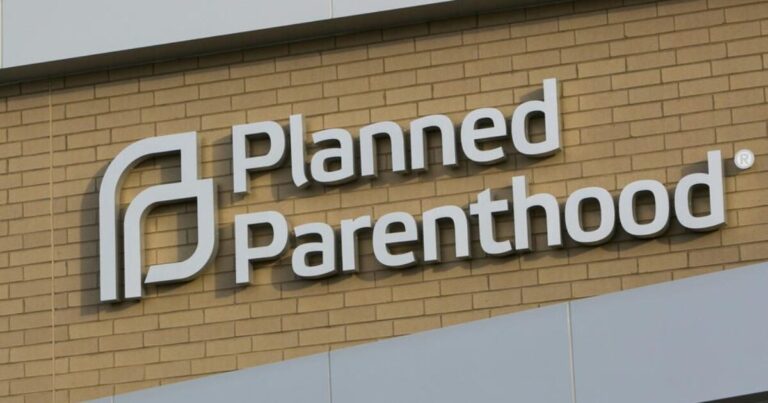Medicaid Funding Cut for Planned Parenthood: A Clarion Call for Change
Amid ongoing debates surrounding healthcare funding and abortion services, recent Senate actions have led to significant developments impacting Planned Parenthood and its federal Medicaid funding. This article provides an in-depth look at the implications of these legislative changes and what they mean for taxpayers and the future of reproductive health services.
Key Developments in the Senate
In a decisive vote, the Senate rejected an amendment aimed at funding Planned Parenthood within the framework of the Big, Beautiful Bill. The result was a 49-51 outcome, highlighting the contentious nature of this issue.
- Senate Votes: The amendment’s failure marks a victory for those advocating for the defunding of abortion providers using taxpayer dollars.
- Timeline Changes: A crucial adjustment was made by Senate Republicans, shortening the defunding period from ten years to one year, which allowed the provision to comply with existing budget reconciliation laws, notably the Byrd Rule.
A Significant Win for Conservative Organizations
This legislative maneuver follows considerable lobbying efforts from conservative groups and pro-life advocates urging congressional leadership and former President Donald Trump to end taxpayer funding for organizations like Planned Parenthood.
Reaction from Influential Figures
Charlie Kirk, a prominent conservative commentator, highlighted the Senate’s decision as a significant victory for the pro-life movement. He tweeted, "BREAKING: By a vote of 49-51, the Senate has just REJECTED an amendment which would have funded Planned Parenthood as part of the BBB. Important win."
Context of Recent Legal Developments
The current Senate vote comes on the heels of a pivotal Supreme Court ruling that allows red states to deny funding to Planned Parenthood. This ruling creates a precedent that could impact Medicaid funding for other essential services provided by the organization.
- Funding Restrictions: While Medicaid regulations prohibit funding for almost all abortions, states are now seeking to eliminate government support for related health services as well. If enacted, the proposed policies could establish a national precedent for similar funding cuts.
Potential Implications for Reproductive Health
Should the Big, Beautiful Bill move forward without amendments, an array of consequences could follow, notably:
- Access to Services: Millions of individuals relying on Planned Parenthood for various healthcare services may suffer from reduced access.
- National Policy Shift: If passed, the bill could fundamentally reshape the relationship between state funding and reproductive health services across the country.
The Broader Conversation on Healthcare
This ongoing debate about funding for organizations such as Planned Parenthood underscores a larger, more nuanced conversation about healthcare accessibility in the United States. Recent legislative actions reflect deep ideological divides, raising questions about the future of reproductive rights and public health policy.
For more information on how these funding changes impact reproductive health, consider visiting reputable sources such as Planned Parenthood and The Hill.
Conclusion
The developments surrounding the funding of Planned Parenthood reveal a crucial moment in the intersection of healthcare, politics, and reproductive rights. As discussions continue and policies evolve, the implications of these decisions will be felt by many across the nation. Staying informed about changes in this area is essential for understanding the future landscape of healthcare in America.
Follow the latest updates on healthcare legislation and policies at the News homepage.


